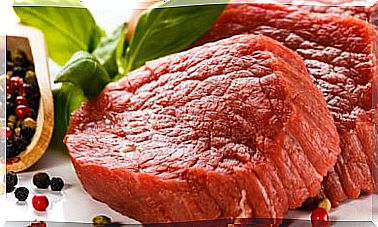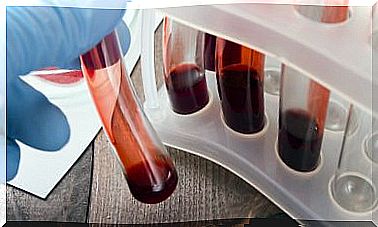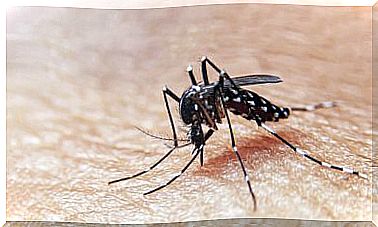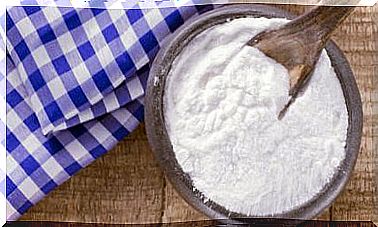Are There Home Remedies For Runner’s Knee?
Runner’s knee or patellofemoral pain syndrome is pain that can appear as a result of injury, muscle weakness, overuse, or trauma. Its name, precisely, is due to the fact that it is a common ailment among athletes whose disciplines involve running and jumping.
Symptoms, which include mild pain in the front of the knee, increase when running, going up and down stairs, or sitting for long periods. It may also be intensified by actions such as kneeling or squatting.
Although it may be a mild problem, it is advisable to see a doctor or physical therapist to obtain an accurate diagnosis. From this, the professional can determine if a rehabilitation program, medications or, in severe cases, surgery is necessary.
Now, there are also some home remedies that can be helpful in temporarily relieving pain. However, it should be noted that they are not a first-line option and should be reserved only for mild cases. What are the options? We detail them below.
Home remedies for runner’s knee
According to information published in the Open Access Journal of Sports Medicine , the clinical approach to runner’s knee should be individualized, as it is a multifactorial condition. Because of this, before trying any home remedy, a medical evaluation is advisable.
Your provider can determine the source of pain with a physical exam, X-rays, computed tomography (CT), or MRI scans. Once the cause is determined, treatments may include rest, sessions with the physical therapist, use of pain relievers, immobilization devices, or surgery if there is no response to non-surgical options.
Making this clear, let’s see then what are the home remedies that can be taken into account in case of suffering this injury. Like medical treatment, they should be accompanied initially with rest, or avoiding any activity that involves overexertion.
Cold application
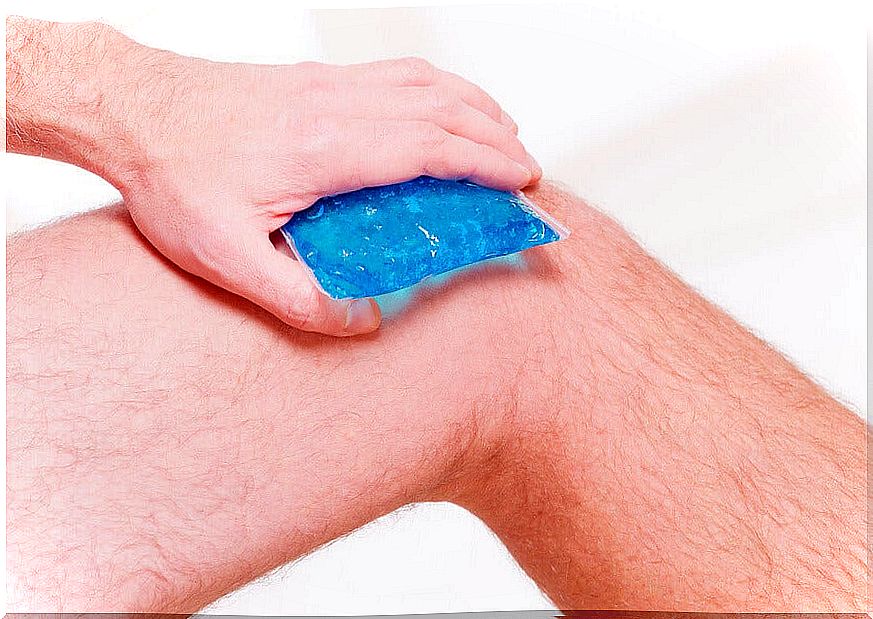
One of the first steps in relieving runner’s knee pain is to try to reduce inflammation. For this, the application of local ice can be useful, either by wrapping cubes in a cloth, or using a cold gel pad.
As suggested by a systematic review published in Physical Therapy in Sport , cold therapy has a positive effect in reducing knee swelling. However, more evidence is required to evaluate its effects in the treatment of runner’s knee.
Therefore, this remedy should not be the only treatment option. It should even be applied with caution, since evidence has found safety problems in some cases, such as skin burns and superficial paralysis of the nerves that run through the cold-treated area.
Thus, whenever ice is applied, it must be wrapped or in a special bag, and must be used for short periods. If there is any unfavorable reaction it is better to discontinue its use immediately.
Ginger root
In traditional medicine, ginger root has been used as an adjuvant against various types of ailments. In fact, today, the scientific literature has been able to support many of its properties.
In a review published in The Journal of Strength and Conditioning Research it is suggested that its anti-inflammatory and analgesic properties are useful in calming the pain of athletes, with effects similar to non-steroidal anti-inflammatory drugs (NSAIDs), but without their side effects.
These properties can be taken advantage of through its natural extracts, which can be used topically, for example in ointments, or by taking the infusion that is made with the root. The latter is obtained by adding a teaspoon of grated ginger to a cup of hot water.
Note: recent studies indicate that ginger consumption rarely causes side effects. However, its excessive consumption can cause gastrointestinal discomfort.
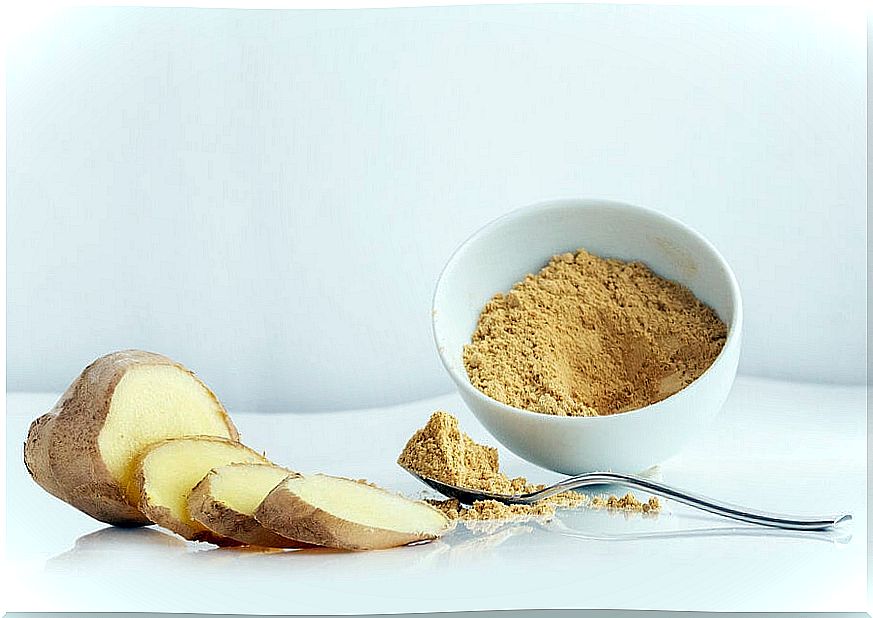
Turmeric
Spices like turmeric can also be helpful in case of runner’s knee. Although it is not a first-line treatment, its consumption as a supplement has beneficial effects against pain and inflammation.
A study published in the European Journal of Applied Physiology found that curcumin, the main active compound in turmeric, helps reduce the presence of inflammatory chemicals known as cytokines. Thanks to this, it could be useful to mitigate muscle pain after intense exercise.
Similarly, the medical journal Drug Design, Development and Therapy reported that curcumin has anti-inflammatory activity and helps relieve joint pain, which in turn improves physical function and quality of life.
Turmeric can be added in small amounts in soups, smoothies, and other recipes. In addition, it is available in capsules. To take it, it is recommended to consult a doctor, especially in case of pregnancy or illnesses. Although its moderate consumption is considered safe, it may be contraindicated for some people.
What else can I do to relieve a runner’s knee?
In addition to trying the remedies mentioned, and consulting the doctor, there are other cares that can contribute to the relief of the runner’s knee. This includes maintaining a healthy diet, limiting the consumption of inflammatory products – sausages, red meat, processed. On the other hand, we must stay hydrated and avoid bad habits such as smoking and alcohol consumption.
Although initially it is good to rest, then it is convenient to start practicing moderate physical activity. To do it safely, it is better to consult the physical therapist and follow his recommendations. If there are signs of complications, see a doctor as soon as possible.
